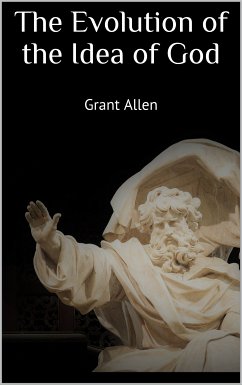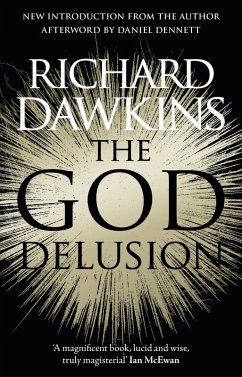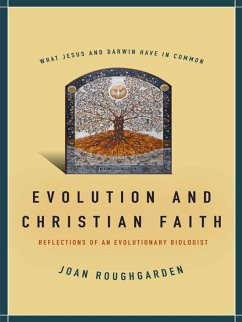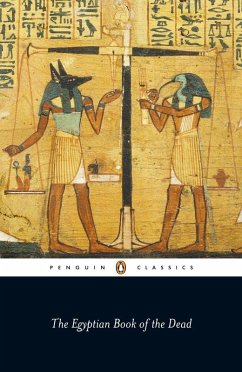
The Evolution of the Idea of God (eBook, ePUB)
Versandkostenfrei!
Sofort per Download lieferbar
2,99 €
inkl. MwSt.
Weitere Ausgaben:

PAYBACK Punkte
0 °P sammeln!
TWO main schools of religious thinking exist in our midst at the present day: the school of humanists and the school of animists. This work is to some extent an attempt to reconcile them. It contains, I believe, the first extended effort that has yet been made to trace the genesis of the belief in a God from its earliest origin in the mind of primitive man up to its fullest development in advanced and etherealised Christian theology. My method is therefore constructive, not destructive. Instead of setting out to argue away or demolish a deep-seated and ancestral element in our complex nature, ...
TWO main schools of religious thinking exist in our midst at the present day: the school of humanists and the school of animists. This work is to some extent an attempt to reconcile them. It contains, I believe, the first extended effort that has yet been made to trace the genesis of the belief in a God from its earliest origin in the mind of primitive man up to its fullest development in advanced and etherealised Christian theology. My method is therefore constructive, not destructive. Instead of setting out to argue away or demolish a deep-seated and ancestral element in our complex nature, this book merely posits for itself the psychological question, "By what successive steps did men come to frame for themselves the conception of a deity?"-or, if the reader so prefers it, "How did we arrive at our knowledge of God?" It seeks provisionally to answer these profound and important questions by reference to the earliest beliefs of savages, past or present, and to the testimony of historical documents and ancient monuments
Dieser Download kann aus rechtlichen Gründen nur mit Rechnungsadresse in A, B, BG, CY, CZ, D, DK, EW, E, FIN, F, GR, H, IRL, I, LT, L, LR, M, NL, PL, P, R, S, SLO, SK ausgeliefert werden.













